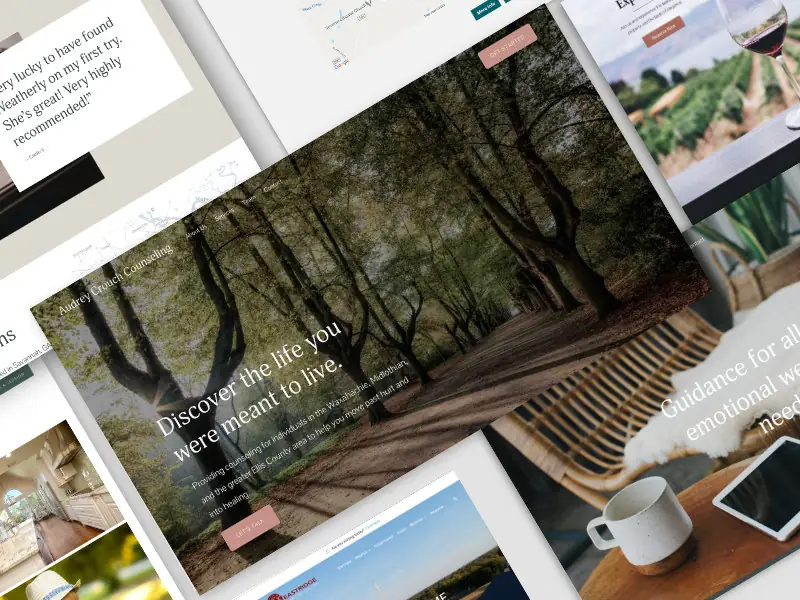Web Design
What is Visual Hierarchy and Why Does it Matter in Web Design?

Visual hierarchy is a fundamental concept in design, especially crucial in the area of web design.
It refers to the arrangement and presentation of elements in a design in a way that signals their relative importance.
This principle ensures that key information catches the visitor's eye first, guiding them through the content effectively and intuitively.
Defining Visual Hierarchy
Visual hierarchy is about organizing elements so that the most important ones are immediately apparent. In the context of a website, it dictates how users process information, directing their attention to various design elements in order of significance.
This not only conveys the intended message more effectively but also enhances the user's experience by making navigation straightforward.
Key Elements of Visual Hierarchy
- Size: Larger elements naturally draw more attention. For instance, an H1 heading is typically the largest text on a page, indicating its overarching importance.
- Color: Colors can attract attention and evoke emotions, guiding users' focus to key sections.
- Contrast: High contrast between elements, such as text against a background, makes them stand out and grab attention.
- Spacing: Adequate spacing, or white space, around elements helps in organizing the page and highlighting important content.
Practical Application in Web Design
The hierarchy of headings (H1, H2, H3) on a web page is a prime example.
The H1 heading, being the largest, denotes the primary subject.
H2 headings act as signposts for new sections, while H3 headings provide supporting information.
Paragraphs, smaller than headings, offer detailed content without overwhelming the reader.
Visual Hierarchy and User Experience
A well-implemented visual hierarchy streamlines the user's journey through a website.
It leads to improved navigation, helping users find information quickly and efficiently.
This not only increases user engagement but also contributes to a positive overall experience, encouraging visitors to stay longer and explore more.
Best Practices for Implementing Visual Hierarchy
To effectively implement visual hierarchy:
- Balance the use of different sizes, colors, and contrasts to create a harmonious layout.
- Avoid clutter by using spacing strategically.
- Consistently use styles to create a coherent visual language.
Conclusion
Visual hierarchy is not just an aesthetic choice; it's a critical component of effective web design.
By understanding and applying its principles, designers can create more engaging, user-friendly websites.
Evaluate the visual hierarchy of your website.
- Are your key messages standing out?
- Are users finding what they need effortlessly?
Reflect on these questions and consider optimizing your website's design for a better user experience. If you need help optimizing your website, contact us at CL Creative.
End to End Webflow Design and Development Services
From Web Design and SEO Optimization to Photography and Brand Strategy, we offer a range of services to cover all your digital marketing needs.

Webflow Web Design
We design custom Webflow websites that are unique, SEO optimized, and designed to convert.
Webflow Maintenance
Gain peace of mind knowing that a Webflow Professional Partner is maintaining your website.

Claim Your Design Spot Today
We dedicate our full attention and expertise to a select few projects each month, ensuring personalized service and results.






